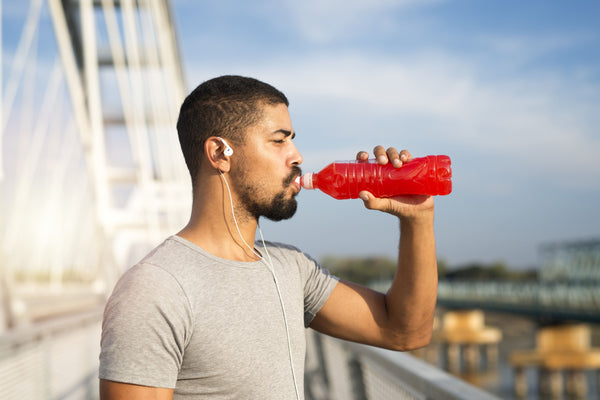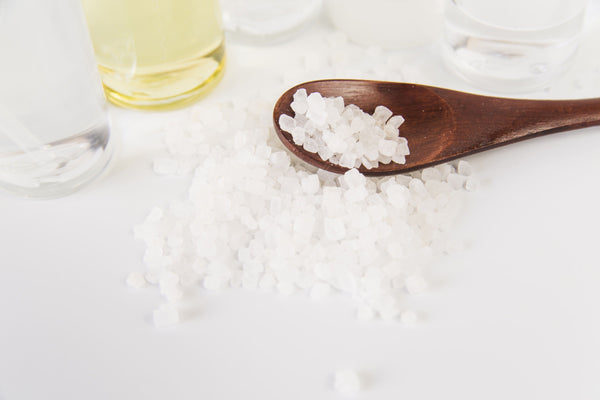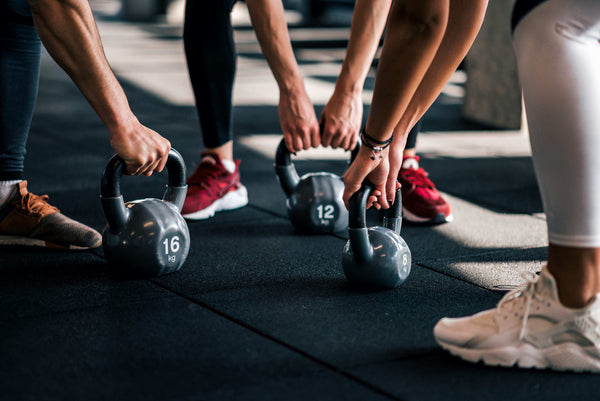
Does Coffee and Tea Dehydrate the Body? Myths and Facts About Caffeine and Hydration

Coffee and tea rank among the most widely consumed beverages globally. Many people rely on them daily, sometimes even replacing water. But the question remains: do these drinks dehydrate the body? Does the caffeine in coffee and tea cause fluid loss and impair hydration? Let’s explore what science reveals.
Caffeine – A Natural Diuretic, But Is It That Simple?
Caffeine is a stimulant with mild diuretic properties. Historically, caffeine-containing drinks were thought to cause dehydration. However, recent research shows the relationship is more nuanced.
Christian et al. (2019) demonstrated that regular caffeine consumers develop tolerance, and the diuretic effect of coffee and tea does not result in greater fluid loss compared to water.
Coffee and Tea as Sources of Hydration
Despite caffeine content, coffee and tea are mostly water. When consumed properly, they contribute positively to daily fluid balance. This means:
-
Moderate coffee and tea intake does not cause dehydration.
-
These beverages provide fluids that are absorbed and used by the body.
Armstrong et al. (2005) found that replacing water with coffee had no adverse effect on hydration status.
Understanding Caffeine’s Diuretic Effect
Caffeine can increase urine output by acting on the kidneys, but this effect is transient and dose-dependent. People who do not regularly consume caffeine may experience more pronounced diuretic effects.
Tea and Hydration – Does Tea Dehydrate?
Tea, especially green and black varieties, contains caffeine and antioxidants that support health. Like coffee, tea supplies substantial amounts of water and does not dehydrate when consumed in moderation.
Should We Limit Coffee and Tea for Hydration?
For most individuals, moderate consumption of coffee and tea is safe and does not threaten hydration. The WHO and health authorities recommend limiting caffeine intake to 400 mg daily, about 3-4 cups of coffee.
Conclusion
Despite caffeine, coffee and tea do not dehydrate the body when consumed moderately and can be valuable fluid sources. The key is moderation and understanding that caffeine’s diuretic effect varies individually and diminishes with habitual consumption.
References:
-
Christian, R., et al. (2019). Effect of caffeine on hydration: a systematic review and meta-analysis. Journal of Human Nutrition and Dietetics, 32(2), 181-192.
-
Armstrong, L.E., et al. (2005). Effect of coffee consumption on hydration status in healthy adults. Journal of Human Nutrition and Dietetics, 18(5), 439-446.
-
Killer, S.C., et al. (2014). Coffee and hydration: a review. Nutrition Reviews, 72(10), 607-613.




